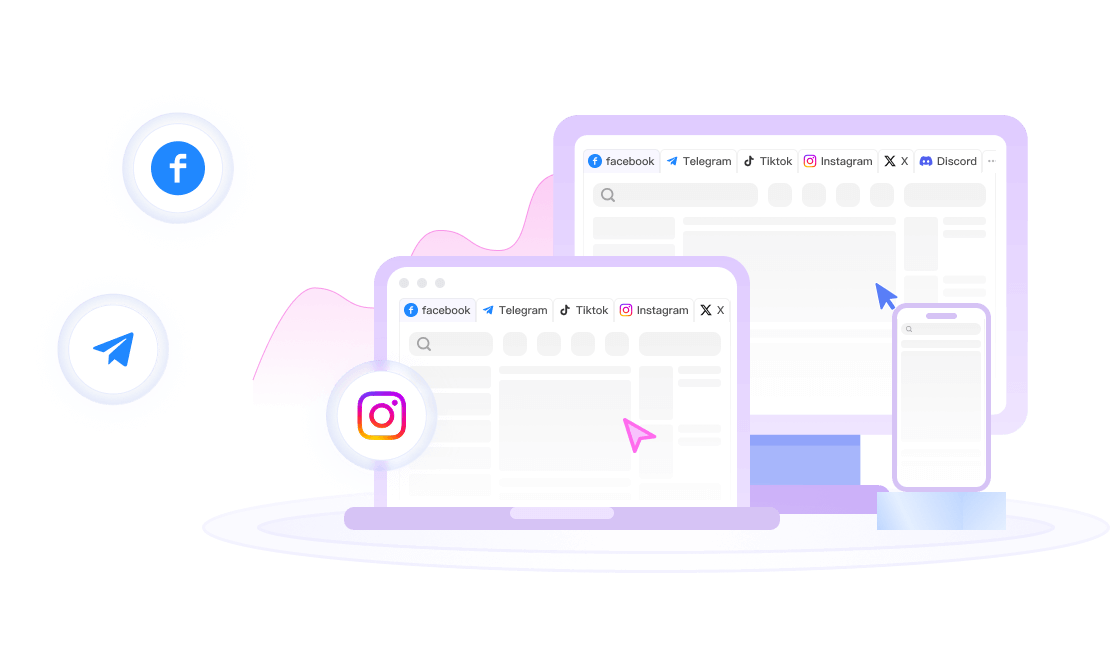What is an ISP Proxy?
An ISP proxy is a type of proxy that routes traffic through Internet Service Provider (ISP)-owned infrastructure, using public IP addresses assigned directly by ISPs. It functions similarly to a residential proxy, but the key difference is that the IP addresses are hosted on servers in a data center rather than originating from a real home internet connection.
This hybrid model delivers the speed of datacenter proxies and the authenticity of residential IPs, making ISP proxies a preferred choice for many digital professionals — especially those who want reliability and high performance without being flagged.
ISP vs. Residential vs. Datacenter Proxies
| Feature | ISP Proxy | Residential Proxy | Datacenter Proxy |
|---|---|---|---|
| IP Ownership | ISP-issued public IP | Real residential endpoint | Owned by data center |
| Speed | Fast | Medium | Very Fast |
| Detection Risk | Low | Very Low | High |
| Cost | Moderate | High | Low |
| Stability | Very Stable | Stable (varies) | Stable |
Why Use ISP Proxies?
- Better than Datacenter IPs: Unlike datacenter proxies often flagged for non-human traffic, ISP proxies are less suspicious and more likely to be accepted as “real” users by platforms like Amazon, Facebook, and Google.
- Stable and Reliable: Fixed IPs provided by ISPs ensure consistent connections and excellent performance for long-term use cases.
- Cost-effective Alternative: Cheaper than residential proxies, but still highly reliable for social media management, ad campaigns, and web scraping.
ESP_proxy_Examples:
- Handling large-scale social media and E-Commerce accounts
- Running automated ad campaigns that require trusted sources
- Scraping geo-specific data without high detection risk
ISP Proxies and FlashID
FlashID fully integrates with ISP proxies, allowing users to easily set up and assign ISP IPs to different browser profiles. This ensures:
- Unique IP for each account
- Isolation of browsing fingerprints
- Prevention of account association and bans
- Global reach with local IP presence
Each browser profile in FlashID can be equipped with a mix of User-Agent, Canvas, WebGL, IP address, and more — including support for IPv4, IPv6, and all proxy types like ISP proxies — to create realistic digital identities. This makes it possible to run multiple advertising, trading or lead-generation activities across different platforms without being flagged or banned.
Key Use Cases of ISP Proxies with FlashID:
- Safely managing multiple Facebook or Google Adsense accounts
- Running large-scale automation workflows for e-commerce
- Testing ad performance from different geographic locations
- Monitoring search engine results and local visibility
- Advertising remarketing across multiple headers or country markets
Final Thoughts
ISP proxies offer the best balance between performance, authenticity, and affordability, making them ideal for professionals needing scalable yet secure operations.
When paired with FlashID, users gain the freedom to manage these proxies across isolated browser profiles — enabling –managed security and seamless digital marketing campaigns.
You May Also Like


